This Dr. Axe content is medically reviewed or fact checked to ensure factually accurate information.
With strict editorial sourcing guidelines, we only link to academic research institutions, reputable media sites and, when research is available, medically peer-reviewed studies. Note that the numbers in parentheses (1, 2, etc.) are clickable links to these studies.
The information in our articles is NOT intended to replace a one-on-one relationship with a qualified health care professional and is not intended as medical advice.
This article is based on scientific evidence, written by experts and fact checked by our trained editorial staff. Note that the numbers in parentheses (1, 2, etc.) are clickable links to medically peer-reviewed studies.
Our team includes licensed nutritionists and dietitians, certified health education specialists, as well as certified strength and conditioning specialists, personal trainers and corrective exercise specialists. Our team aims to be not only thorough with its research, but also objective and unbiased.
The information in our articles is NOT intended to replace a one-on-one relationship with a qualified health care professional and is not intended as medical advice.
How to Get Rid of Dandruff: 10 Natural Remedies
February 13, 2022
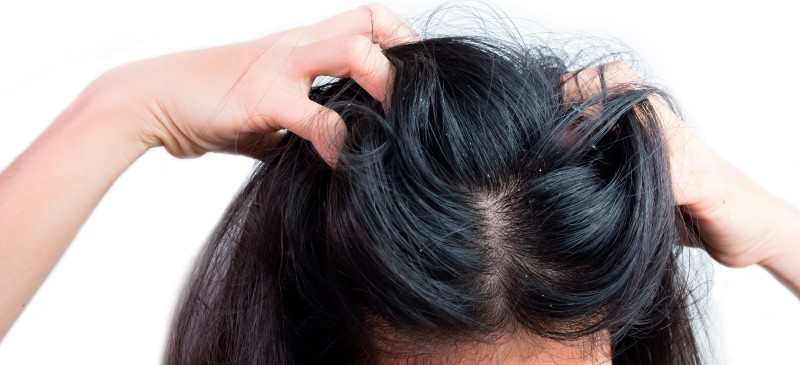
Most of us know dandruff as that flaky white stuff found on the scalp or, more embarrassingly, on the shoulders of your nice black sweater. The tough part is knowing how to get rid of dandruff. That’s something that most of us, frustratingly, do not know.
Dandruff is more common than you may think, as most of us have had it at some point in our lives. It is the result of the overproduction of dead skin, but it can also be caused by numerous other factors — such as winter air that produces dry skin, a vitamin-deficient diet and harsh chemicals found in unhealthy shampoos, even dandruff shampoos that are supposed to reduce the flakes!
Fortunately, you can get rid of dandruff, the right way, and it won’t lead to increased hair loss or products that lead to an itchy head. Essential oils, DIY scalp masks, foods, supplements and more help treat dandruff.
Use these natural remedies to make those white flakes a distant memory. Read on to learn how to get rid of dandruff naturally.
What Is Dandruff?
Dandruff is a skin disorder that is estimated to affect 50 percent of the world population and is linked to the proliferation of lipophilic yeasts of the genus Malassezia.
The American Osteopathic College of Dermatology tells us that dandruff is the shedding of excessive amounts of dead skin flakes from the scalp. There also may be a bit of itching but typically no redness or scabbing.
Dandruff usually gets worse during the fall and winter because of the dry air while improving in the summer. It is caused by buildup of dead skin, and in many more severe cases, a yeast-like organism aggravates it. While this germ is normally present on everyone’s scalp, it can produce some irritation if it grows heavily.
A study published in the Indian Journal of Dermatology notes:
Dandruff is a common scalp disorder affecting almost half of the population at the pre-pubertal age and of any gender and ethnicity.[1] No population in any geographical region would have passed through freely without being affected by dandruff at some stage in their life.[2] The word dandruff (dandruff, dandriffe) is of Anglo-Saxon origin, a combination of ‘tan’ meaning ‘tetter’ and ‘drof’ meaning ‘dirty’. Dandruff affects aesthetic value and often causes itching. It has been well established that keratinocytes play a key role in the expression and generation of immunological reactions during dandruff formation.[3] The severity of dandruff may fluctuate with season as it often worsens in winter.[4]
The study also indicates that there are several natural remedies (like using coconut oil for hair) that have been said to have anti-dandruff characteristics. In most cases, these naturopathic agents are often found in combination with synthetic agents.
Studies from India have shown that the herbal preparations are as effective as synthetic substances in controlling dandruff.
Though it may seem contrary to popular belief, dandruff is improved when shampooing more often. It also gets worse when you’re stressed or anxious, and since dandruff is a natural process, it cannot be eliminated but often can be controlled.
When scaling of the scalp is accompanied by redness or the redness and flaking spreads to cause greasy scaling on the face, eyebrows or sides of the nose, it may be diagnosed as seborrheic dermatitis and related to severe dandruff conditions.
Have you heard of cradle cap? That is another name for dandruff that typically affects infants, but no need to worry. It’s completely harmless and usually clears up by age 3.
Causes and Symptoms
There are many causes of dandruff, including:
Dry skin. The most popular cause of dandruff is, in fact, dry skin. Usually, you’ll also experience symptoms of dry skin (like being itchy) on other parts of the body, such as your legs and arms.
Oily skin (seborrheic dermatitis). Believe it or not, oily skin is one of the most frequent causes of dandruff. It is marked by red, greasy skin covered with flaky white or yellow scales. Also known as seborrheic dermatitis, it may affect your scalp and other areas rich in oil glands, such as your eyebrows, sides of the nose and backs of the ears.
In addition, the breastbone, groin area and armpits may be affected. Not using enough shampoo can create oily skin.
While it is important to not shampoo too frequently so you can have a healthier scalp and produce natural oils, if you don’t wash your hair regularly with shampoo, oils and skin cells from your scalp can actually build up and cause dandruff.
Washing every two to three days is ideal in most cases.
Skin conditions. Those with eczema and psoriasis are often known to have dandruff since both of these conditions have characteristics of dry skin, oftentimes severe and very irritating.
Yeast-like fungus (Malassezia). While Malassezia lives on the scalps of most adults, it may irritate the scalp. This irritation can cause more skin cells to grow, and when that happens, the extra skin cells die and fall off, producing that white flakiness in your hair or on your clothes.
Hair care products. Because most hair care products contain chemicals ingredients, they can cause your scalp to become red, itchy and scaly. Using shampoo or styling products too often may also irritate your scalp and can also cause dandruff.
How to Get Rid of Dandruff Naturally
Now that you know what causes dandruff and its symptoms, it’s time to explore home remedies for this irritating issue. You can treat dandruff with some pretty minor dietary and lifestyle changes that answer the age-old “how to get rid of dandruff” question.
Here are some of the top ways for how to get rid of dandruff:
1. Drink Water
Often the lack of enough water in our bodies causes dry skin, and this is one of the many reasons to drink water. It is very important to drink plenty of water daily to help your overall health as well as the dryness of your skin and scalp.
2. Coconut Oil
Because coconut oil contains medium-chain fatty acids, including lauric acid and capric acid, it has strong antiviral, antimicrobial and antifungal properties. These properties help target and kill the fungus and any viruses or bacteria that may exist. (You can also try mineral oil for dandruff.)
In many, results can occur within just a week or so.
3. Essential Oils
There are essential oils for hair that can really make a difference when it come to how to get rid of dandruff. Because some of these oils contain antiviral, antibacterial and antifungal properties, much like coconut oil, they can reduce inflammation and treat infections.
You need to choose 100 percent pure oils, such as lavender, wintergreen, thyme, lemongrass, evergreen, cypress, oregano and tea tree oil, all of which help to fight fungus and yeast.
A study was conducted on subjects between the ages of 20–60, all of whom had dandruff and reported that lemongrass essential oil significantly reduced their dandruff around day seven of use.
You can take some of these oils internally, such as oregano oil, as long as they are 100 percent pure. Try combining one to two drops of oregano oil, lemongrass and lavender with four to six ounces of water to make a tonic that you can drink.
4. Aloe Vera Gel
Benefit-rich aloe vera has been known to soothe and help treat irritated skin. Aloe can ease itching and scaly skin in people with seborrheic dermatitis, a more severe skin condition that can create dandruff.
Research also shows that along with serving as a home remedy for reducing dandruff, it also helps improve hair loss, fight fungal infections and relieve itchy scalp.
5. Olive Oil
The olive oil (or coconut oil) in your kitchen cabinet can be very useful because it can temporarily remove dandruff flakes. Just apply a little bit of unrefined organic olive or coconut oil to scaly patches on the scalp. Let it sit for about an hour, and then use a comb or brush to smooth out the hair.
If you apply too much, you will likely have oily hair and may need to shampoo. You can also add a few drops of the essential oils noted in this article and may benefit by including coconut oil in your diet. Just make sure it is unrefined and organic.
6. Relax
Skin irritations are often caused by depression, anxiety and stress. Try to pay attention to changes in your skin at these times, and more importantly, try to avoid these feelings by implementing stress reduction behaviors and techniques.
Try yoga, short walks or workouts, massage therapy, and diffusing lavender, for example.
7. Apple Cider Vinegar
It’s no surprise that apple cider vinegar uses (ACV) include being great for killing the fungus that causes dandruff. It is known to provide instant relief from itchiness and and may be your answer for how to get rid of dandruff with just a few applications.
Try combining equal parts ACV with water, and massage onto the scalp. Let it sit for a few minutes, and rinse.
Repeat for five to seven days, and see if you notice a difference. If you experience any irritation, discontinue or use every other day for seven to 10 days to see if there is improvement.
8. Probiotics
It is common that what you eat could be part of the problem. Try a high-quality probiotic supplement. Not only can it help reduce dandruff, but it can help boost your overall health by providing beneficial bacteria for your gut.
A study published in Beneficial Microbes found that restoring the scalp microbiome with beneficial bacteria significantly reduced the signs and symptoms of moderate to severe dandruff.
9. Omega-3s
Add omega-3 foods into your diet, such as from fresh, wild-caught salmon or chia seeds. The omega-3s can help provide much needed hydration for your skin from within, and therefore, they may reduce dandruff.
In addition, deficiencies in vitamins, minerals and other nutrients found in omega-3s may increase the risk of getting dandruff. One study published in the Journal of Cosmetic Dermatology indicates that supplementation with omega-3 and omega-6 improved hair condition and hair loss.
Fish oil may work as a dry scalp remedy for healthy skin and hair to combat dandruff.
10. Salicylic Acid
Salicylic acid is best known for its anti-acne effects, but it’s touted as a natural anti-inflammatory and exfoliant, too. Look for salicylic acid as an ingredient in shampoos and hair masks, and use them as a method for how to get rid of dandruff.
11. Glycerin
A published study in SKINmed Journal investigated how effective a moisturizing leave-on lotion containing a high concentration of glycerol (10 percent) and other known scalp benefitting agents (saturated fatty acid and sunflower seed oil) to reduce dandruff over an eight-week treatment period with three applications per week.
Results included a significant reduction in the dandruff, including better water barrier function and hydration, over the span of the trial. The skin benefits for the scalp did subside after a week or so.
DIY Recipes
You can use ingredients that you already have at home to create a DIY recipe to reduce dandruff. Here are a couple great recipes for how to get rid of dandruff to get you started:
How to Prevent It
Many commercial shampoos contain chemicals that are harmful, and dandruff shampoos are even worse. Selenium sulfide shampoo and zinc pyrithione shampoo are two examples of conventional anti-dandruff products that may cause irritation and even hair loss for some people, so if you are using them, take it slow and look out for adverse effects.
When choosing a store-bought shampoo or hair product, make sure you avoid parabens, sodium laureth or lauryl sulfate. Opt for products that are made with gentle, natural ingredients from companies that you trust.
When it comes to your diet, it’s important to minimize your sugar intake and avoid processed foods and processed oils, like corn, soy, canola, safflower and sunflower oil.
Conclusion
- Dandruff is a skin disorder that causes dry, flakey skin on the scalp. It can be caused by over-shampooing, under-shampooing, using harsh chemicals on the scalp, having oily skin or having a fungal infection.
- The key to dandruff control is using nourishing and gentle hair products, drinking plenty of water, reducing stress, and supporting the health of your gut.
- If you’re wondering how to get rid of dandruff, start with natural DIY recipes. It’s easy to create your own dandruff products at home.
- Essential oils like tea tree and rosemary oil help boost circulation, reduce inflammation and fight infections. Coconut oil, olive oil, apple cider vinegar and aloe vera help hydrate and nourish the scalp.
Comments
Please keep comments under 200 characters.

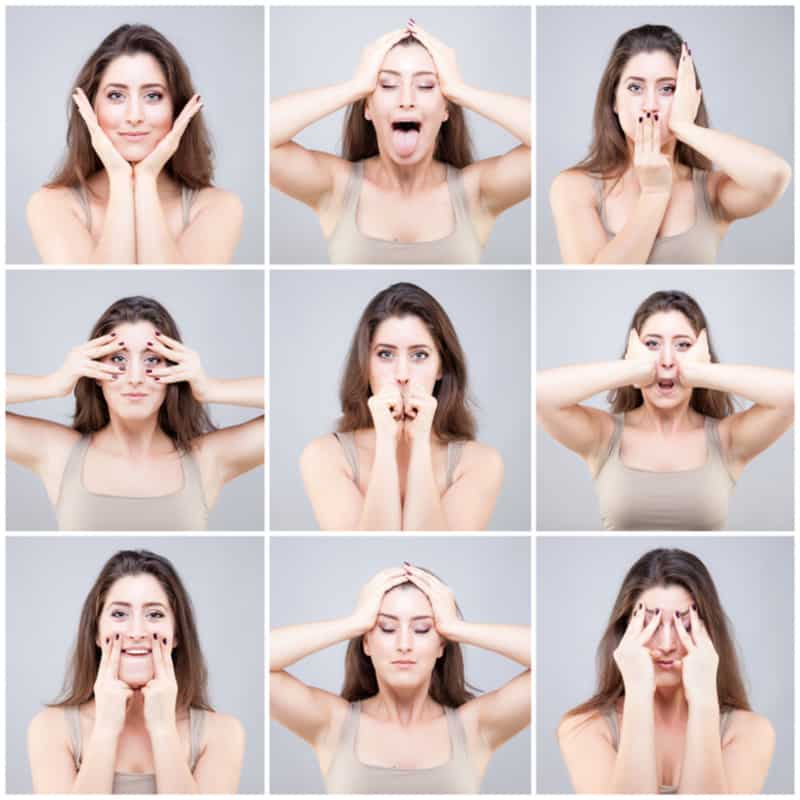
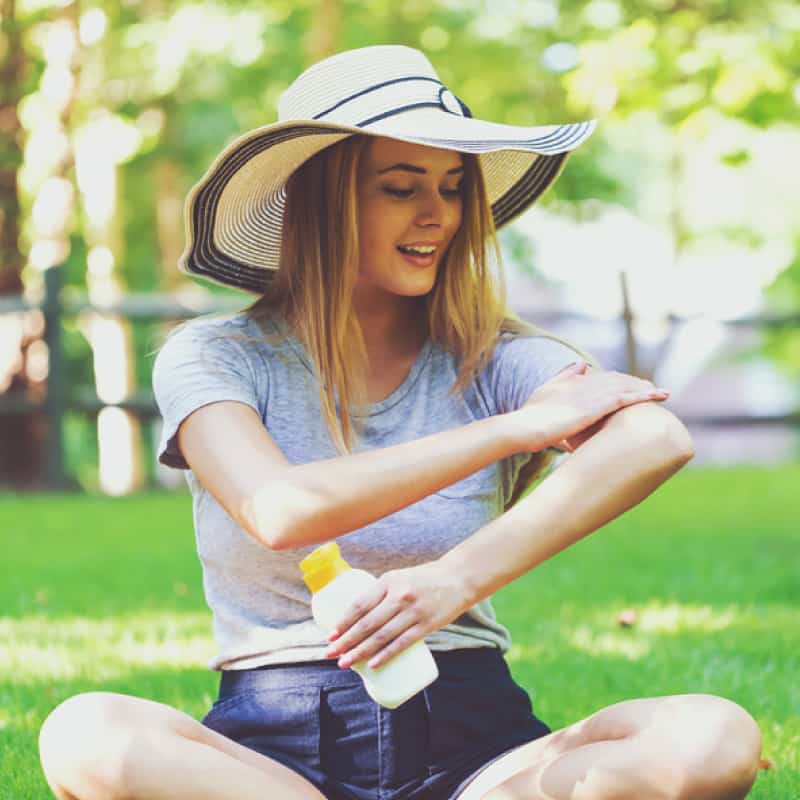
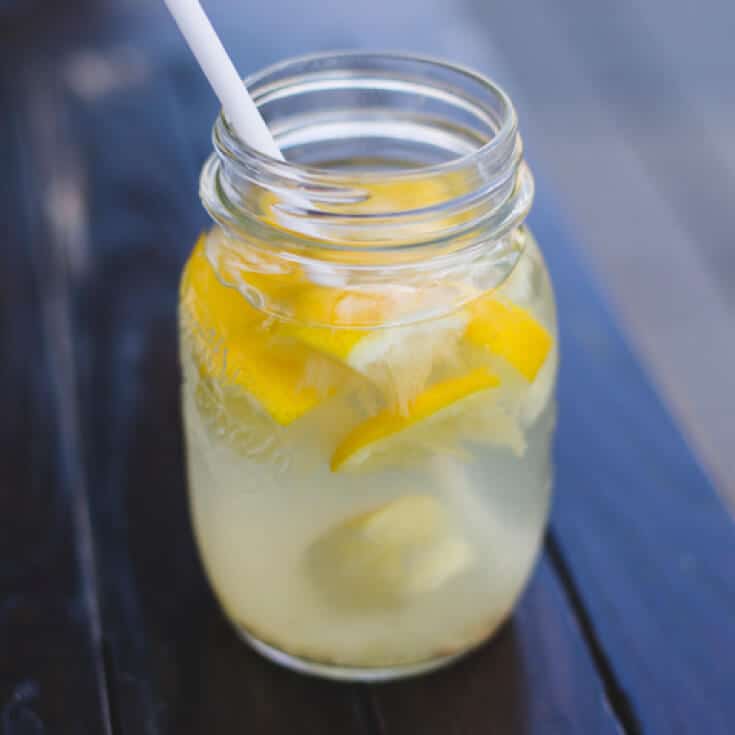
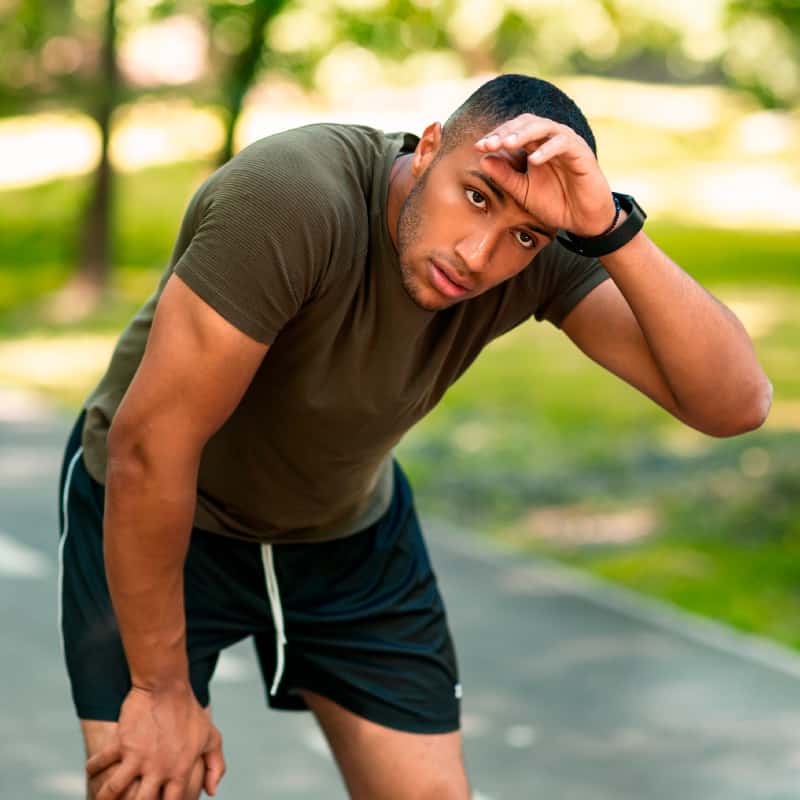
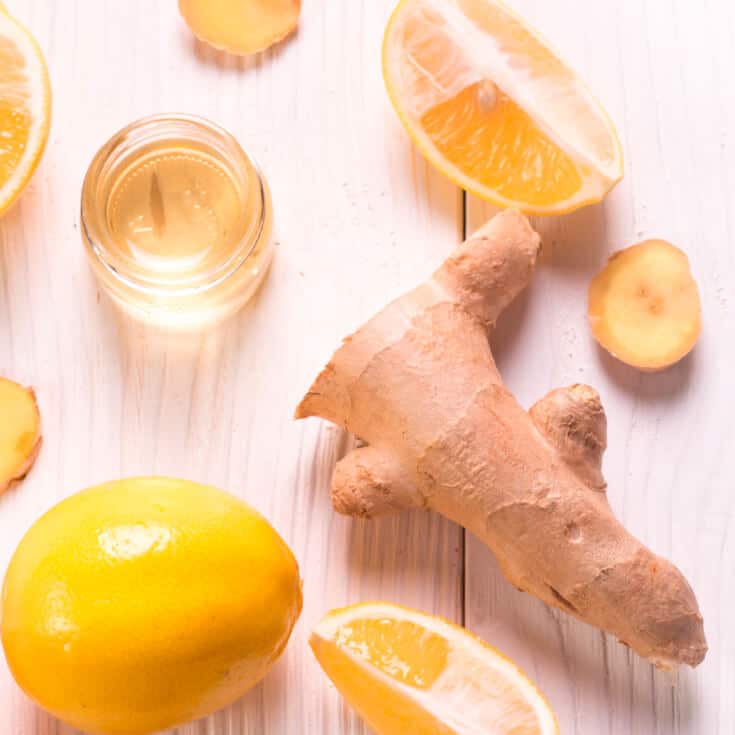
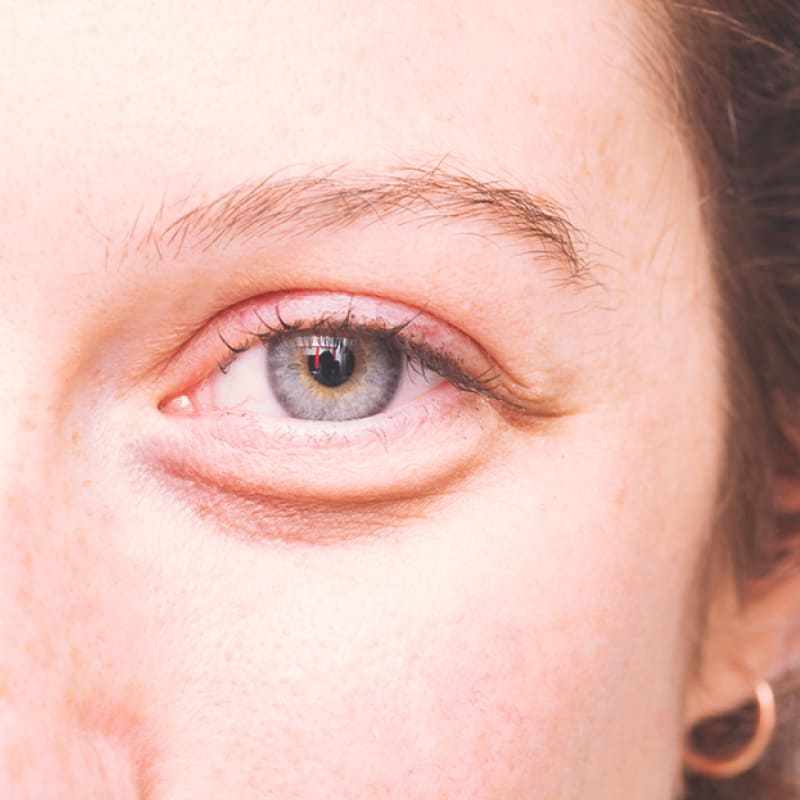
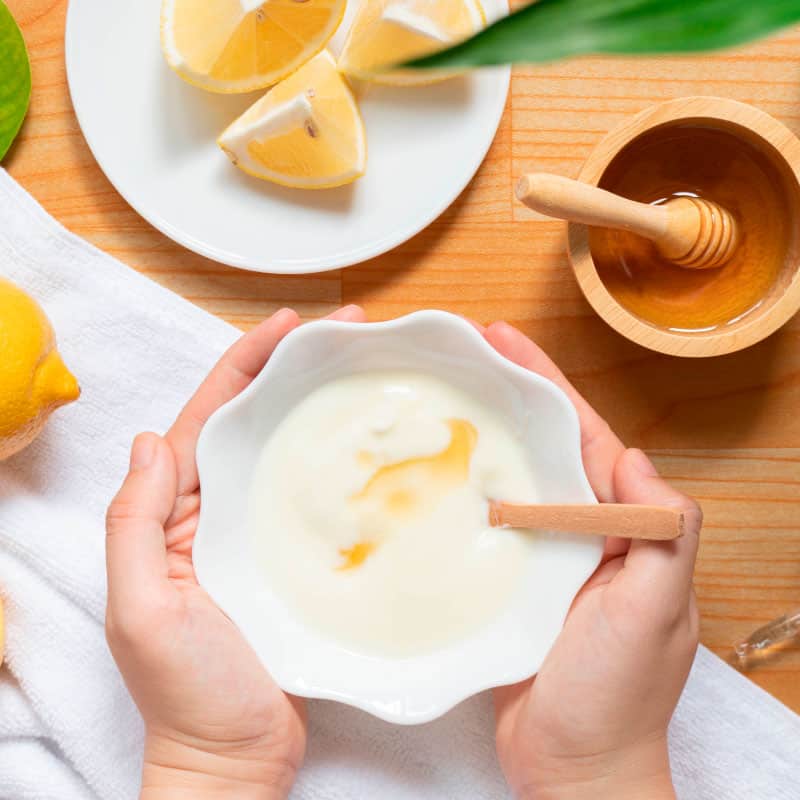

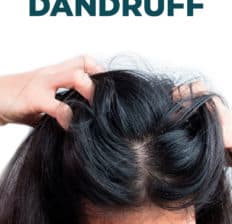
Yes, “Many commercial shampoos contain chemicals that are harmful, and dandruff shampoos are even worse. ”
So, why didn’t you give us a DIY recipe using salicylic acid?
Remember, consistency is key when trying out these remedies. It’s always wise to consult with a healthcare professional for persistent or severe cases.https://famousjackets.co.uk/product/bomia-ma1-brown-jacketHere’s to a healthier, dandruff-free scalp!
I so appreciate Dr Ax and his balanced approach ALWAYS with such thorough content. I am a functional medicine practitioner & gravitate to his body of work as I find so much here to support understanding & healing. Many thanks.
Great article Dr. Axe You are the best I’ve experienced some slight dandruff little itching around my back of my ears and some scaly skin by my nose and eyebrows so I started rinsing with apple cider vinegar three results after a few days was amazing everything cleared up and I’m feeling great
Should the essential oils and coconut oil be applied directly to the scalp?
Hello. I appreciate the helpful and proven options you have given. Could you give more detail on how to use them? For instance, do you add coconut oil to your diet or are you applying it to your hair and scalp? Another one that stood out as a bit confusing was Aloe Vera gel. Do you ingest that or are you implying that it should be directly applied to hair and scalp. If applying, do you leave in or rinse it out? etc. Thank you, Marla